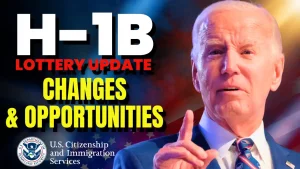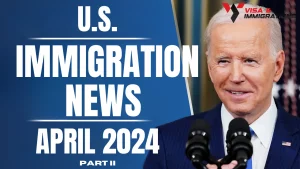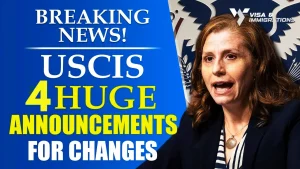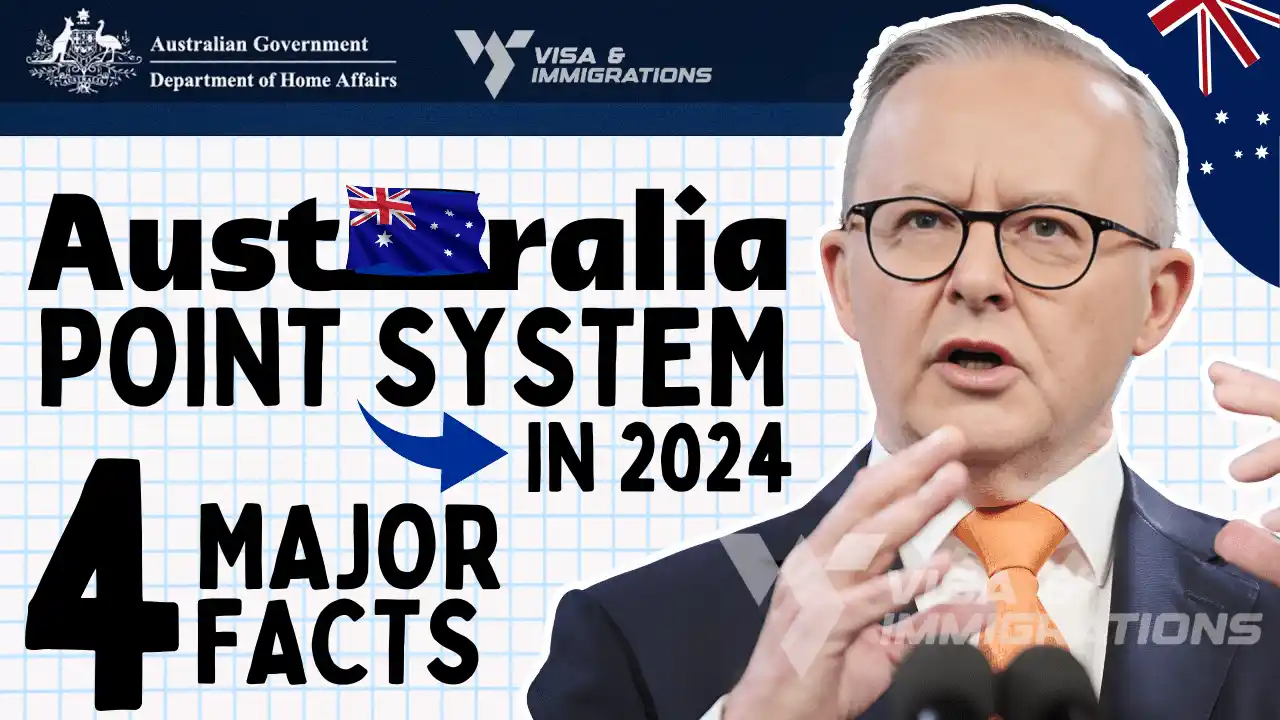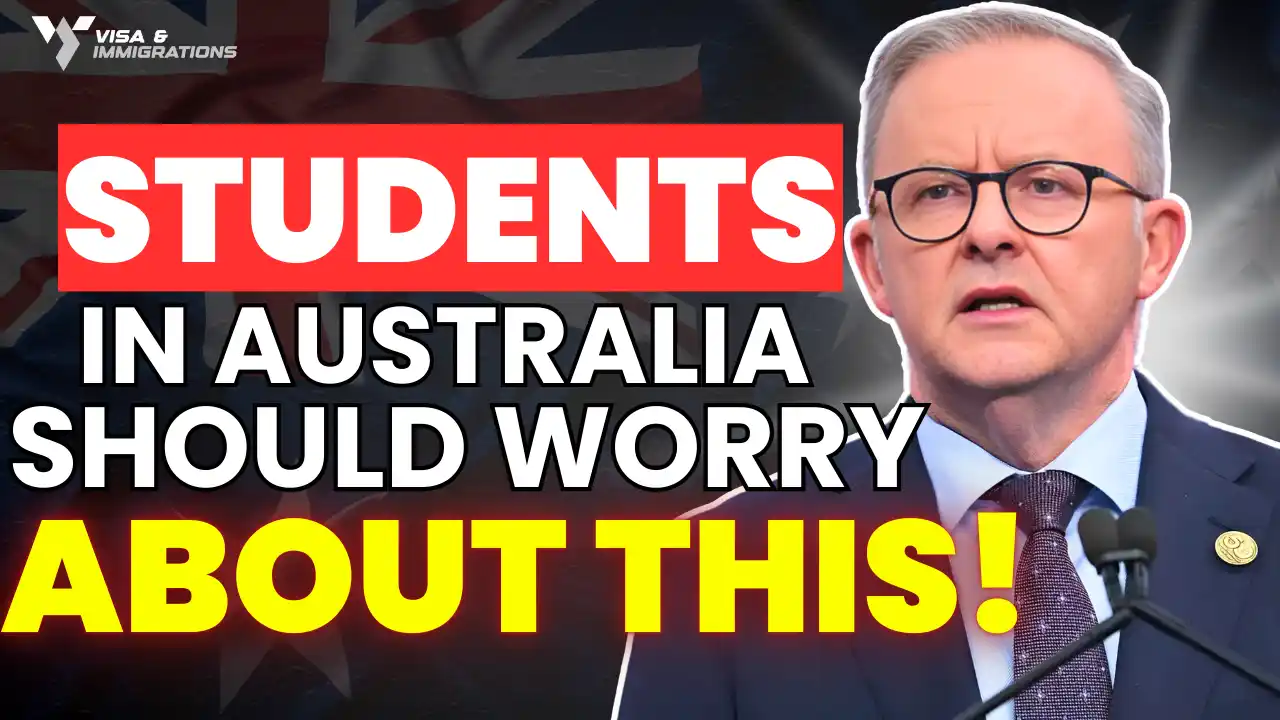United States Citizenship and Immigration Services (USCIS) has proposed to increase the fee for specific immigration services and visas, including applications for naturalization. It is safe to say that this proposal would impact many people, including applicants for nonimmigrant H-1B, L-1, and E-2 visas. Plus, it would affect individuals interested in becoming naturalized citizens. Don’t forget the proposal to increase the fee would also impact people looking to receive employment authorization documents and those interested in renewing their green cards.
You may read all about the proposed rule by clicking here. Interestingly, the fee for Form I-129 varies based on the type of status the applicant wants to secure, such as L-1, TN, H-1B, etc. Currently, the fee for Form I-129 is $460, and the proposed increment ranges between 70% and 201%.
The USCIS believes that the proposed fee increase is crucial to help the agency maintain its fast processing times, provide better services, and reduce growing backlogs effectively. Moreover, fees for many of the agency’s services have not been increased in over a decade. Therefore, the proposed fee increase is necessary to align the costs of rendering immigration services with inflation.
On the other hand, immigrant advocacy groups and a few members of Congress seem to be against the proposal to increase immigration fees since they believe it would put a burden on immigrants, discouraging them from applying to seek legal immigration status. Critics believe that the USCIS generates enough revenue through the existing fee rates to pay for costs, deeming the proposal to increase fees as unnecessary.
However, the date when the proposal will become effective has not been confirmed yet. The USCIS has to wait for public comment before implementing any changes. The agency is expected to make amendments to the proposed fee increase according to the feedback it receives from the public.
To conclude, the proposal to increase fees for immigration and certain types of visas from the USCIS has received a lot of controversy and backlash. The agency deems the proposed changes necessary to keep operating efficiently, but the critics believe that this would put an unexpected burden on immigrants. Regardless, the proposal has to go through an official notice and comment period of 60 days, as stated by the procedural rules. During this time, any member of the public is free to give feedback.
We hope you found this information helpful. Follow our blogs for the latest updates and informative content on US immigration.
You May Also Read:
- Numbers Declining For Intra-Company Transfer Visa
- USCIS Begins Third Phase Of Premium Processing Expansion
- Medical Insurance For F1 Visa International Students
- What Are Removal Or Deportation Proceedings?
- Health Insurance Requirements For J1 Visa Holder





